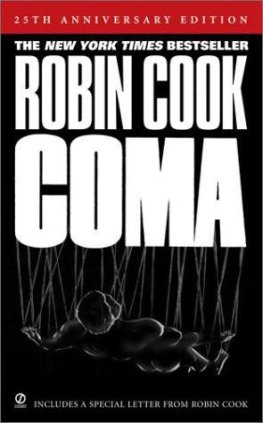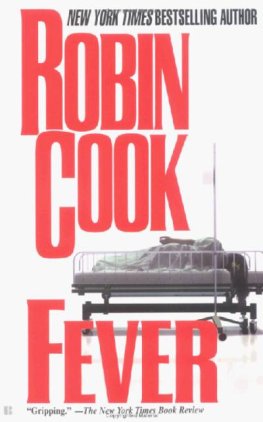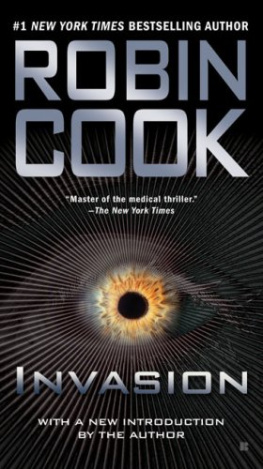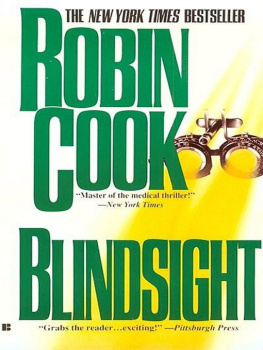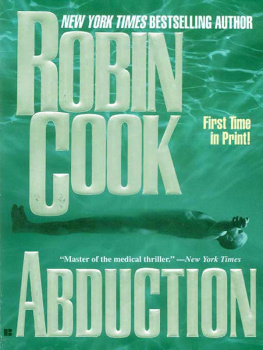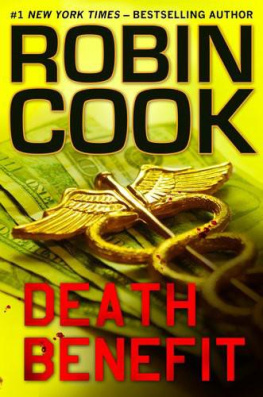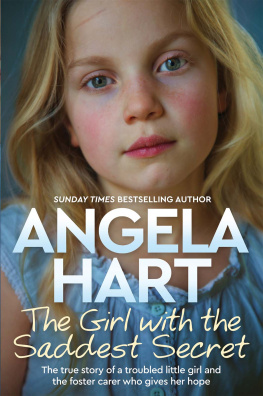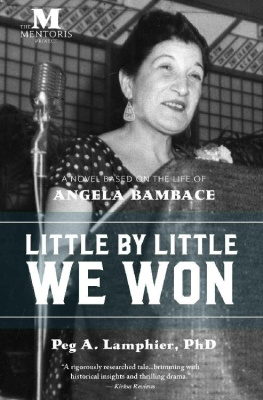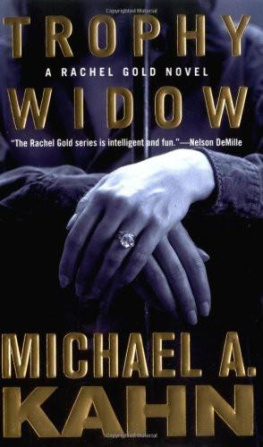
A book in the Jack Stapleton / Laurie Montgomery series, 2007
This is a work of fiction. Names, characters, places, and incidents either are the product of the author's imagination or are used fictitiously, and any resemblance to actual persons, living or dead, businesses, companies, events, or locales is entirely coincidental.
While the author has made every effort to provide accurate telephone numbers and Internet addresses at the time of publication, neither the publisher nor the author assumes any responsibility for errors, or for changes that occur after publication. Further, the publisher does not have any control over and does not assume any responsibility for author or third-party websites or their content.
Dominique Borse, MBA, entertainment venture capitalist
Jean E. R. Cook, MSW, CAGS, psychologist
Joe Cox, J.D., LLM, superb tax and estate planning attorney
Rose Doherty, A.M., academician
Mark Flomenbaum, M.D., Ph.D., Chief Medical Examiner, Commonwealth of Massachusetts
Angelo MacDonald, J.D., criminal law attorney
To Cameron and the joy he brings
Within the course of a week spanning March and April 2007, a serious, untoward event in the health of three strangers, two of whom lost their lives, was destined to impact the lives of hundreds, even thousands of people in a complicated web of causality. The victims had no premonition of their individual tragedies. Though they were all generally healthy married men of similar ages, they were engaged in totally different occupations, and each had absolutely no knowledge of the others, either socially or through business. One was a Caucasian physician who experienced a painful and debilitating athletic injury; the second an African-American computer programmer who contracted a fulminant, and rapidly fatal, nosocomial postoperative infection; and the third was an Asian-American accountant who suffered a ruthless, execution-style death.
LIKE MOST PEOPLE, Dr. Jack Stapleton never truly appreciated the anatomical and physiological marvel of his knees until they gave out, on the evening of March 26, 2007. He'd been at work as a forensic pathologist at the Office of the Chief Medical Examiner, or OCME, since early that morning. He'd commuted to and from the OCME on his beloved Cannondale mountain bike without once acknowledging the contributions of his knees. During the rest of the morning, he'd done three autopsies, one of which was a complicated affair involving painstaking dissection of the tracks of multiple gunshot wounds. In total, he'd been on his feet in the autopsy room, colloquially referred to as "the pit," more than four hours, moving by reflex to aid him in his work. Never once did he think about his knees and the effort expended by their various ligaments, which faithfully maintained the integrity of the joints despite the considerable stresses placed on them, and by the menisci, which cushioned the substantial pressure exerted by the distal ends of the femurs, or thighbones, on the tops of the tibias, or shinbones.
It was later, toward the end of one of Jack's almost nightly runs on the illuminated neighborhood basketball court, that disaster struck. To Jack's chagrin, he and several of the best players with whom he'd teamed up for the evening, including his friends Warren and Flash, had not won a single game, requiring them to sit out for frustratingly long periods of time before getting back in the action.
As the evening dragged on, Jack didn't need Warren to remind him that he had been responsible for several of the losses by either missing easy shots or losing the ball, yet Warren ragged on him mercilessly. Jack couldn't say it wasn't deserved; at the end of one game, with the score tied, Jack had utterly embarrassed himself, losing the ball and ultimately the game by dribbling off his own foot.
The real calamity occurred toward the end of the final game when Jack took a long inbounds pass from Warren. With the final game again tied and the next basket to determine the outcome, Jack was intent on redeeming himself. To his delight on what he hoped would be the final play, there was only one person between him and the basket. His name was Spit, in reference to one of his less endearing habits, but more important, from Jack's perspective, he was tall and lanky and hard put to keep up with Jack's quickness.
"Money!" Warren called out from the opponent's end of the court, fully expecting Jack to leave Spit in the dust for an easy layup.
After a convincing head fake to the left augmented by a rapid cross-dribble, Jack initiated a drive to his right. It began with his right leg lifting from the pavement, and the right knee rapidly flexing and then extending. As soon as his foot slammed down and planted itself on the macadam, Jack twisted his torso to the left to go around Spit, who was still recovering from the head fake and the cross-dribble. With Jack's left foot now off the pavement, his entire weight was transferred to his partially flexed right knee, which also had to deal with the sudden counterclockwise torsion.
If Jack had stopped to calculate the forces acting on his fifty-two-year-old knee, he might have thought twice about what he was asking his heretofore-faithful anatomy to withstand. Although his lateral ligaments held, since they effectively distributed the forces along their comparatively sizable width, the situation was different for the anterior cruciate ligament, which had lengthened slightly over the years as Jack had aged. Vainly, the relatively narrow band of tissue, which most people referred to as gristle when encountered in a leg of lamb but which Jack knew as collagen, tried to keep the femur from dislocating backward from the tibia. Unfortunately, the involved forces overwhelmed the ligament, and with a popping sound, it literally ripped apart and briefly allowed Jack's femur to dislocate out of its socket, tearing the delicate leading edges of both menisci in the process.
Jack's right leg crumbled, hurling him onto the rough-surfaced pavement, where he skidded forward a few feet, leaving a significant amount of skin behind. One instant he was a coordinated mass of goal-directed muscle and bone, the next a bruised and abraded heap prostrate on the ground, wincing in pain while clutching his knee. Jack wasn't one hundred percent certain of what had happened, but he had an idea. All he could do was hope he was wrong.
"Man, you're going from bad to worse," Warren said after he'd sprinted over and assured himself that Jack was basically okay. Warren's tone reflected half sympathy, half disgust. He straightened up and thrust his hands on his hips, glaring down at his injured friend. "Maybe you're getting too old for this, doc, you know what I'm saying?"
"Sorry," Jack managed. He felt embarrassed, since everyone was looking at him.
"Are you done tonight or what?" Warren questioned.
Jack shrugged. The pain had peaked, then lessened considerably, giving him a false sense of hope. Gingerly, he got to his feet and gradually put weight on the injured joint. He shrugged again and took a few tentative steps. "It doesn't feel that bad," he announced as he assessed the abrasions on his left elbow and knee. Then he tried yet another couple of steps, which seemed okay until he twisted himself to the left. At that point, the joint again briefly dislocated, causing Jack to revisit the pavement. For a second time, he struggled to his feet. "I'm done," he remarked with equal resignation and regret. "I'm really done. Clearly, this isn't a simple sprain."
LIKE MOST PEOPLE, David Jeffries had never truly appreciated the molecular marvel that bacteria represented, nor the fact that whether an infection, once started, would be contained or spread depended on the outcome of an epic molecular battle waged between the bacteria's virulence factors and the human body's defense mechanisms. He also had never truly appreciated the threat that bacteria continued to pose, despite the extensive pharmacopoeia of antibiotics available to the modern physician. He had been aware that bacteria were responsible for terrible scourges in the past, including the black plague, but that had been in the past. He certainly hadn't worried about bacteria the way he worried about viruses such as H5N1 (bird flu), Ebola, or the virus that causes AIDS, whose threat was continually hyped by the media. Besides, David had been vaguely aware there were so-called good bacteria that helped to make things like cheese and yogurt. So when he had entered Angels Orthopedic Hospital early one Monday morning in 2007 to have his anterior cruciate ligament repaired with a cadaver graft, bacteria weren't one of his concerns. What he had worried about was the anesthesia and not waking up after the operation was over. He had also worried about the possibility he'd go through the whole ordeal, which a buddy had confided was painful, and it wouldn't work, meaning he wouldn't be able to get back to the tennis he loved.
Next page

